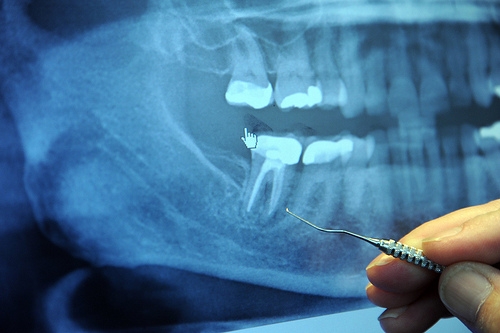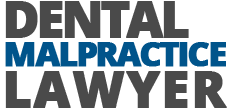Failing To Diagnose Oral Cancer
If you or someone you know received dental treatment which failed to diagnose oral cancer, you should contact Brendan F. Mulligan, the dental injury attorney.
According to the American Cancer Society, men face twice the risk of developing oral cancer as women, and men who are over age 50 face the greatest risk. It’s estimated that over 50,000 people in the U.S. received a diagnosis of oral cancer in year 2017.
Risk factors for the development of oral cancer include:
- Cigarette, cigar or pipe smokers are six times more likely than nonsmokers to develop oral cancers.
- Smokeless tobacco users. Users of dip, snuff, or chewing tobacco products are 50 times more likely to develop cancers of the cheek, gums, and lining of the lips.
- Excessive consumption of alcohol. Oral cancers are about six times more common in drinkers than in nondrinkers.
- Family history of cancer.
- Excessive sun exposure, especially at a young age.
- Human papillomavirus (HPV). Certain HPV strains are etiologic risk factors for Oropharyngeal Squamous Cell Carcinoma (OSCC)
It is important to note that over 25% of all oral cancers occur in people who do not smoke and who only drink alcohol occasionally.

The most common symptoms of oral cancer include:
- Swellings/thickenings, lumps or bumps, rough spots/crusts/or eroded areas on the lips, gums, or other areas inside the mouth
- The development of velvety white, red, or speckled (white and red) patches in the mouth
- Unexplained bleeding in the mouth
- Unexplained numbness, loss of feeling, or pain/tenderness in any area of the face, mouth, or neck
- Persistent sores on the face, neck, or mouth that bleed easily and do not heal within 2 weeks
- A soreness or feeling that something is caught in the back of the throat
- Difficulty chewing or swallowing, speaking, or moving the jaw or tongue
- Hoarseness, chronic, sore throat or change in voice
- Ear pain
- A change in the way your teeth or dentures fit together
- Dramatic weight loss
An oral cancer screening should always be conducted by a dentist as part of a routine dental examination. The examination should not only include the oral cavity, but the head and necks regions. Anything suspicious found should be referred to a specialist.
In the event you’ve been diagnosed with oral cancer and believe it should have been detected sooner call Brendan F. Mulligan, D.M.D., Esquire, the dental malpractice attorney.
